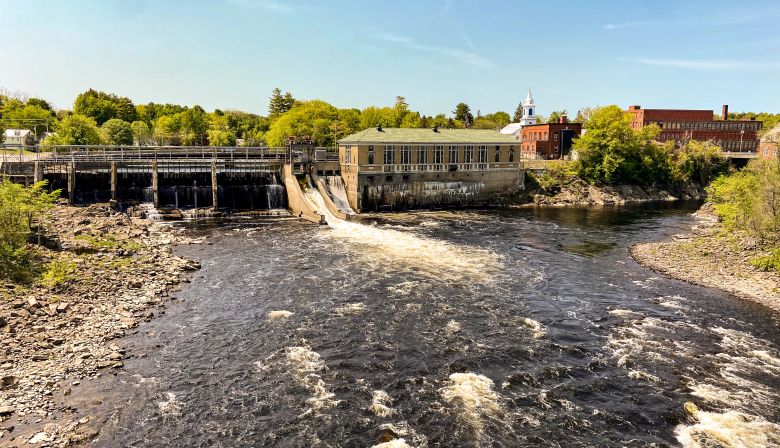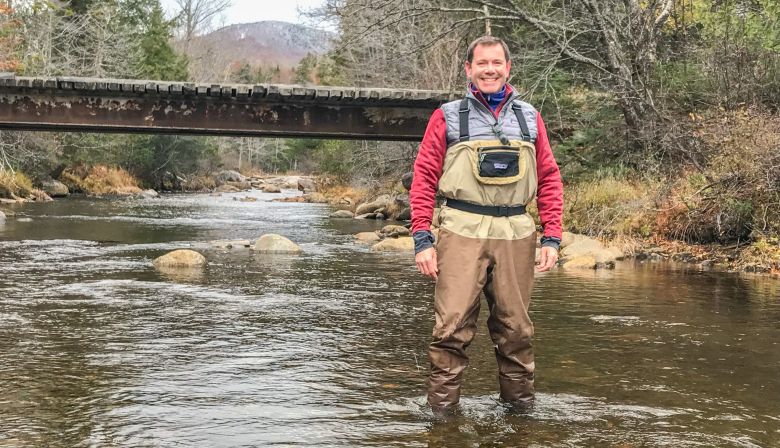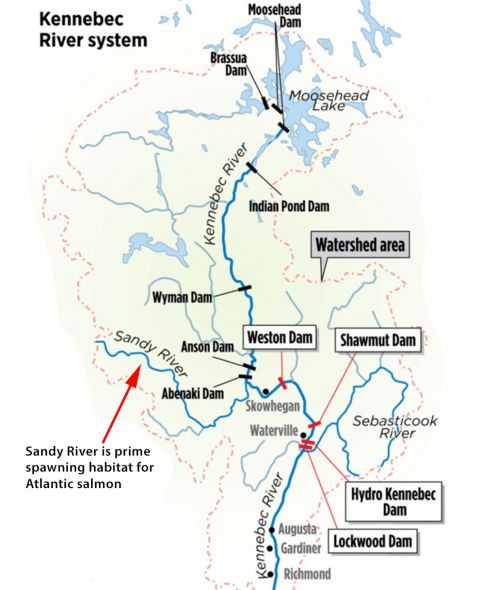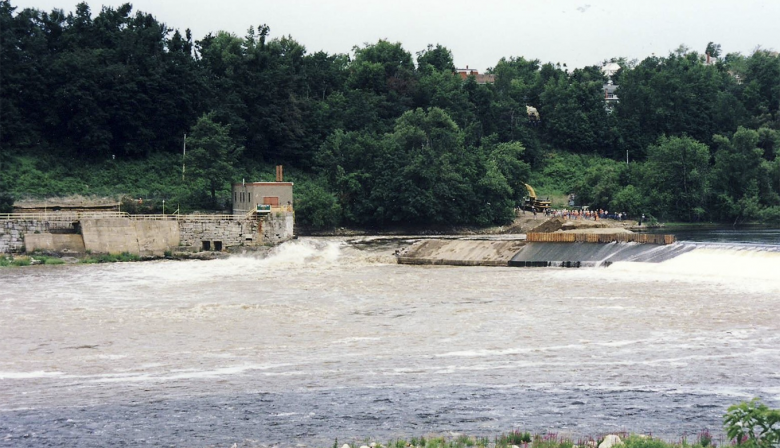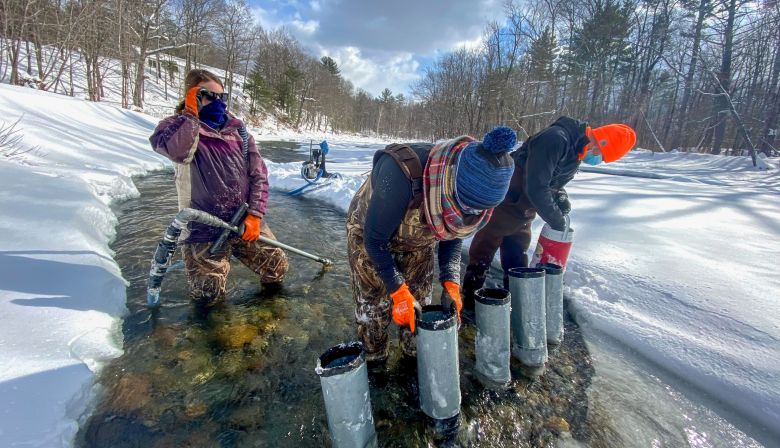John: Because of the relatively low number of jeopardy determinations handed down by NOAA and the U.S. Fish and Wildlife Service under the Endangered Species Act, it seem like the odds are not in our favour.
However, I am confident that we have raised a lot of significant issues that NOAA needs to address, like the cumulative impacts of these dams on Atlantic salmon.
We feel strongly that a jeopardy determination is warranted based on all the information and what we know about dams and Atlantic salmon all over the world, but in this case we have to wait and see what the final word is.
ASF: I know you’ve touched on it, but can you sum up what a no jeopardy decision would mean for Atlantic salmon in the Kennebec specifically, and Maine overall?
John: If Brookfield is allowed to move ahead and build fishways, we know that we cannot get to recovery. It makes the recovery goals for Atlantic salmon under the Endangered Species Act unachievable.
We absolutely have to remove those dams to have any chance of getting to recovery and a no jeopardy decision will make that a harder, however I don’t think it completely shuts down our chances of success.
The Federal Energy Regulatory Commission ultimately has to accept NOAA’s opinion before they can issue a license to Brookfield to keep operating and we have an opportunity to challenge that process.
What happens with NOAA is absolutely not the end of our efforts, but it will definitely carry weight.
